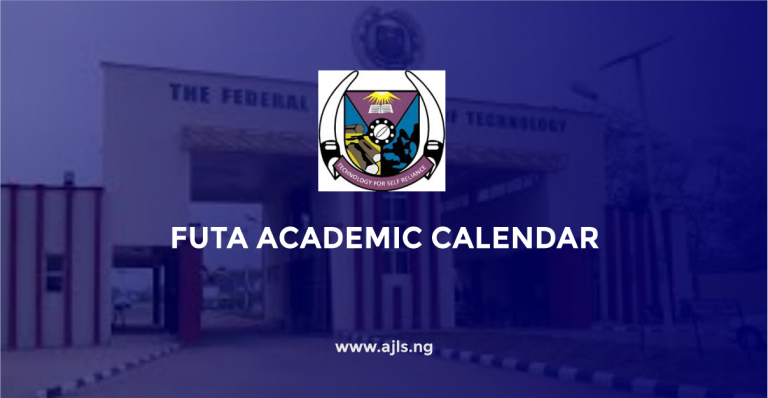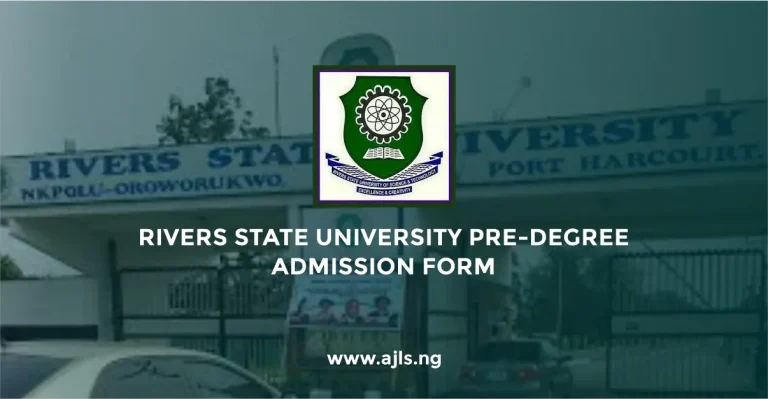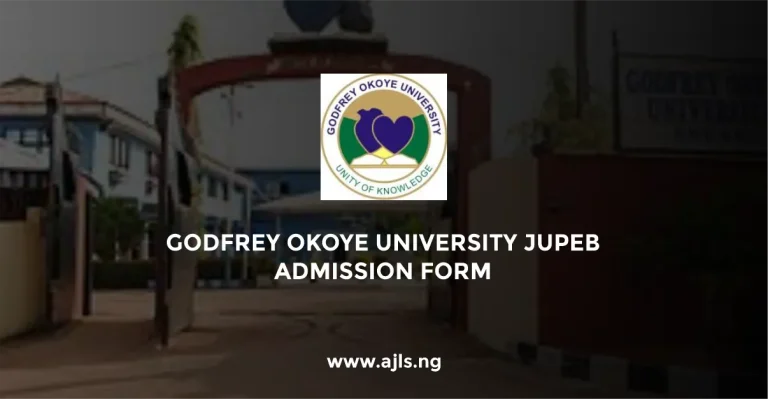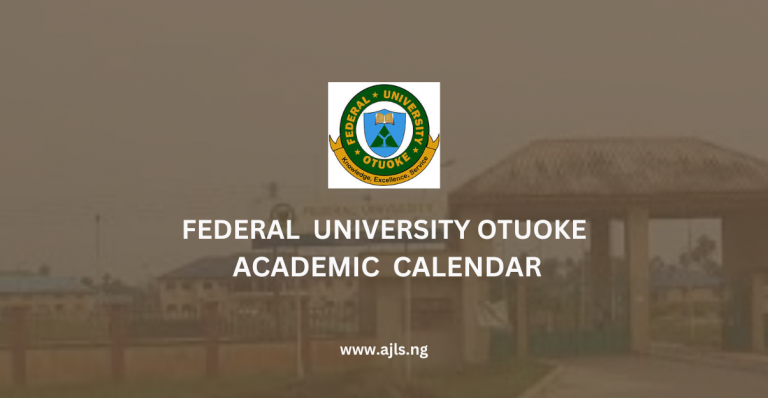List of Universities Offering Music in Nigeria
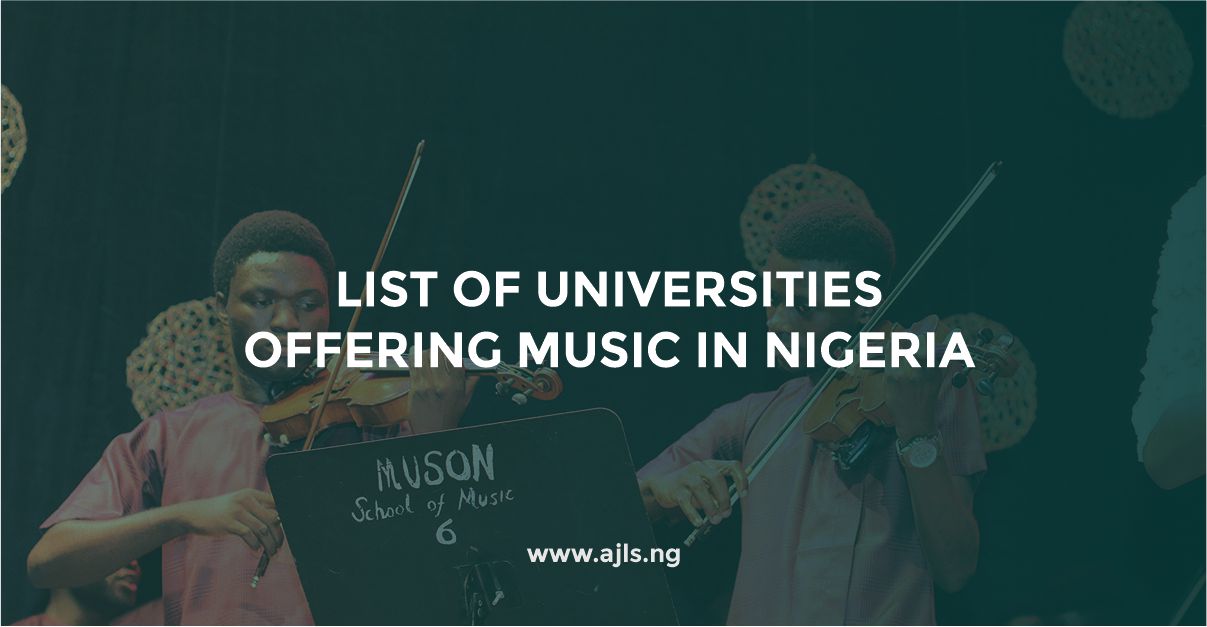
Nigeria has a rich musical heritage, and several universities across the country offer degree programs in music, focusing on various aspects such as music theory, composition, performance, and ethnomusicology. These institutions provide undergraduate and postgraduate music programs, equipping students with the skills needed to excel in the music industry and academia.
Many of these universities have well-established music departments that integrate African traditional music with contemporary and classical music studies. Some offer specialized programs in areas such as music technology, jazz studies, and choral directing, ensuring students receive a well-rounded education that aligns with global music trends. Below is the list of Universities Offering Music in Nigeria.
List of Universities that Offer Music in Nigeria
These universities integrate technology, entrepreneurship, and cultural studies into their curricula to prepare students for diverse careers in music production, performance, and research.
Whether you are interested in traditional African music, classical music, or contemporary genres, these institutions provide a solid foundation for aspiring musicians and scholars.
See Also: Best Universities to Study Music in Nigeria
Among the universities offering music in Nigeria, you can consider the following options as a prospective student:
- Anambra State University, Uli
- Babcock University, Ilishan-Remo
- Bowen University, Iwo
- Delta State University, Abraka
- Godfrey Okoye University, Urgwuomu- Nike
- Lagos State University
- Mountain Top University, Ogun State
- Nnamdi Azikiwe University, Awka
- Obafemi Awolowo University, Ile-Ife
- University Of Ibadan, Ibadan
- University Of Jos, Jos
- University of Lagos
- University Of Nigeria Nsukka
- University Of Port-Harcourt
- University Of Uyo
Admission Requirements for Studying Music
Admission requirements for studying Music in Nigerian universities vary by institution, but there are general criteria that most universities follow. These requirements typically include academic qualifications, entrance examinations, and, in some cases, an audition or practical assessment.
Below are the common admission requirements for undergraduate music programs:
UTME (Unified Tertiary Matriculation Examination) Entry Requirements
- Candidates must have a minimum of five (5) O’Level credits in subjects such as English Language, Mathematics, Music (if available), and any other relevant subjects in WAEC/NECO/GCE. Some universities accept a pass in Mathematics.
- Candidates must sit for the UTME (JAMB) and choose Music as their preferred course, with subjects including English Language and any three (3) other subjects related to the Arts or Social Sciences.
- A minimum JAMB score (usually 180 or above, depending on the university) is required to qualify for the post-UTME screening.
Direct Entry Requirements
- Candidates with an NCE (National Certificate in Education), OND, or Diploma in Music from recognized institutions may apply for direct entry into the second year of the program.
- Some universities accept candidates with ABRSM, MUSON, or other recognized music certificates in addition to O’Level requirements.
Post-UTME and Audition
- Most universities require candidates to participate in a post-UTME screening exercise.
- Some universities, especially those with strong practical music programs, conduct an audition or practical test to assess the applicant’s musical skills in singing, playing an instrument, or music composition.
Conclusion
Studying Music in Nigerian universities offers students the opportunity to develop both theoretical knowledge and practical skills in various aspects of music, including performance, composition, and music technology.
With a blend of traditional African music and contemporary global trends, these universities provide a well-rounded education that prepares graduates for diverse careers in music production, teaching, research, and performance.
Whether through federal, state, or private institutions, students can find programs tailored to their interests, ensuring they receive quality training in their chosen musical field.

